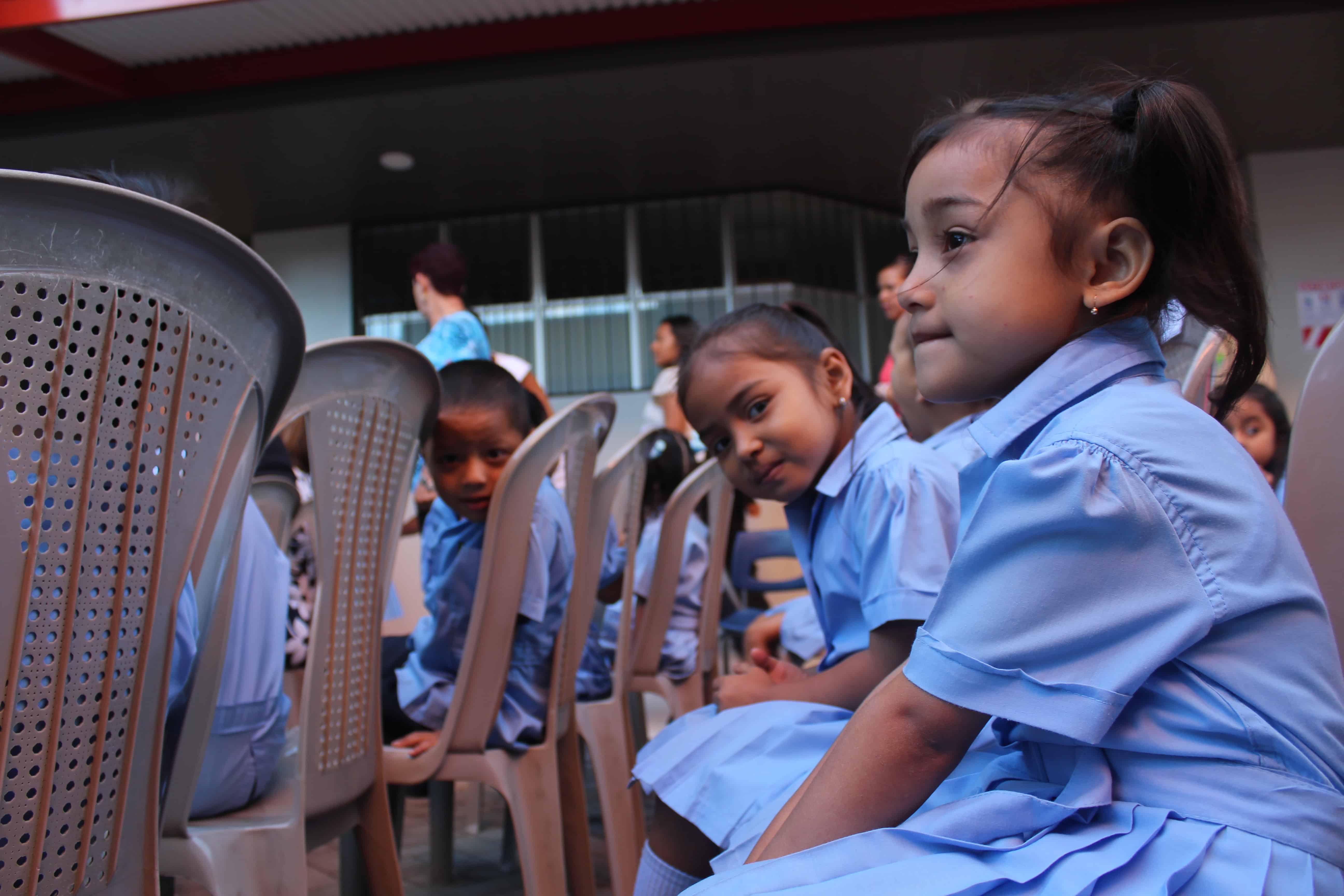Costa Rica lost ten years of progress in education, according to the Tenth Report on the State of Education 2025. The COVID-19 pandemic, along with a lack of an effective education policy, has led to a substantial decline in reading, math, and science learning.
The report highlights that the results of national and international tests taken by students in recent years confirm this stagnation. In some cases, the tests even revealed a significant deterioration in these areas.
According to the study, between 2015 and 2023, the proportion of students with sufficient academic achievement in reading and mathematics fell steadily. In secondary school, passing rates do not necessarily reflect solid learning, which means that a growing number of students are moving up a grade without mastering essential content. The report points out that this phenomenon compromises the academic and professional future of the younger generations.
The deficiencies are accentuated in vulnerable populations, especially students from rural areas, indigenous peoples, and those from lower-income households. This situation creates a cycle of inequality that, according to the report, “deepens with each passing year without structural reforms.”
The document also warns of the social and economic effects of this lag: a less skilled workforce, reduced competitiveness in the global economy, and the risk of perpetuating cycles of poverty. For this reason, the report highlights the urgent need to invest in learning recovery programs, teacher support, and policies that reduce regional disparities.
The proportion of people aged 25 to 34 with university education is insufficient, and the country is increasingly falling behind the average for nations in the Organization for Economic Cooperation and Development (OECD).
“This is an urgent priority, as this indicator is directly related to economic growth, innovation, and the ability to enter a productive world that is increasingly demanding of qualified human talent,” the report noted.
The report projects that, if this trend continues, Costa Rica will barely reach 40.7% of young adults with university education by 2035, while the OECD average will be 64.8%. This means that, by that date, Costa Rica will barely be reaching the level that those countries had in 2014, although the gap will not continue to grow.
The report explains that Costa Rica bases its production capacity on the quality of its human talent. The jobs of the future will increasingly require knowledge and mastery of technology. So will new opportunities to create businesses in all productive sectors.
These opportunities will only materialize if the country reorganizes its strategies to produce enough professionals with higher levels of training.
This report warns that, without immediate action, the country will continue to be in disadvantage in access, coverage, and educational achievement, with the risk of falling far behind more developed nations, a gap that, according to the international experience analyzed by researchers, is very difficult to reverse.






